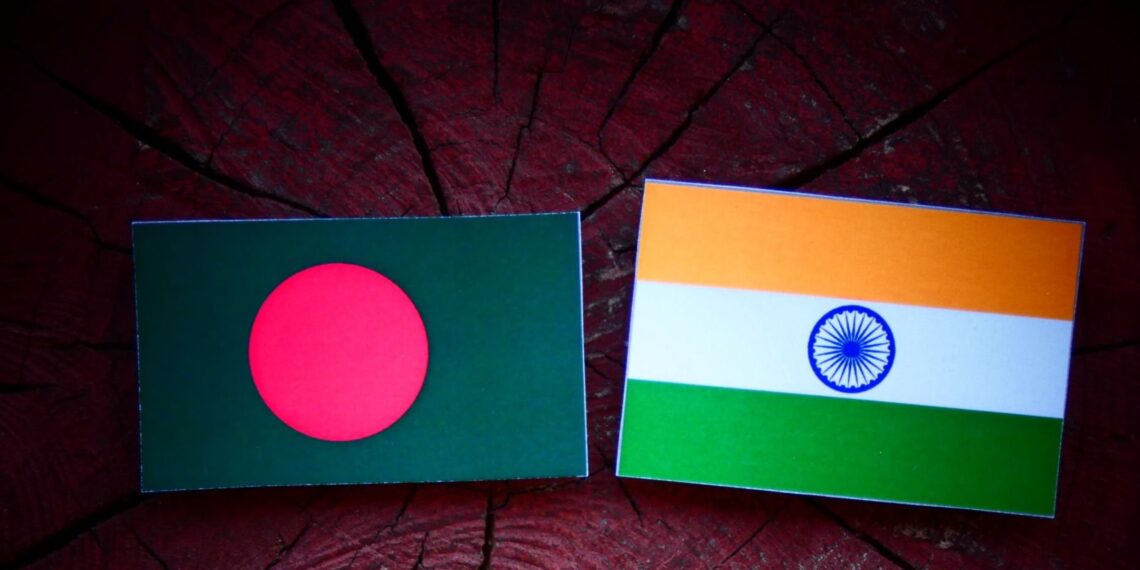Dhaka/New Delhi: The Bangladesh government has formally disassociated itself from controversial comments made by Major General (Retd) ALM Fazlur Rahman, a former military officer and advisor to Chief Adviser Muhammad Yunus, who suggested on social media that Bangladesh should consider occupying India’s northeastern states in the event of an India-Pakistan conflict.
In a Facebook post earlier this week, Rahman, writing in Bengali, proposed that if India were to launch military action against Pakistan following the recent terror attack in Pahalgam, Bangladesh should respond by seizing control of the “seven sister states” of Northeast India.
He further suggested initiating military collaboration with China on the matter.
Rahman was appointed in December 2024 as the head of Bangladesh’s National Independent Commission, tasked with investigating the 2009 Bangladesh Rifles mutiny, by the current interim government led by Yunus.
However, the Bangladesh Ministry of Foreign Affairs issued a strong rebuttal on May 2, clarifying that Rahman’s remarks were entirely personal and did not reflect the stance or policy of the government.
“These views are his own and in no way represent the government of Bangladesh,” the ministry said, emphasising the country’s firm commitment to sovereignty, peaceful coexistence, and mutual respect in international relations.
It urged the public and media to avoid conflating personal opinions with state policy.
The controversy adds to growing diplomatic friction between Dhaka and New Delhi, particularly after Yunus made earlier remarks in March during a visit to China, where he described Bangladesh as the “only gateway” to the Indian Ocean for India’s landlocked northeast.
The comments were met with strong reactions from Indian political leaders across party lines.
ALSO READ: India expands trade restrictions, blocks Pakistani ships from entering ports
In response, India in April 2025 withdrew a key transshipment facility that allowed Bangladesh to export goods via Indian ports and airports to destinations in the Middle East, Europe, and other regions.
The suspension does not apply to exports destined for Nepal and Bhutan, in line with WTO guidelines for landlocked countries.
Relations between the two countries have continued to deteriorate since the fall of the Sheikh Hasina-led Awami League government in August 2024, amid concerns in India over rising attacks on minorities, particularly Hindus, in Bangladesh.















